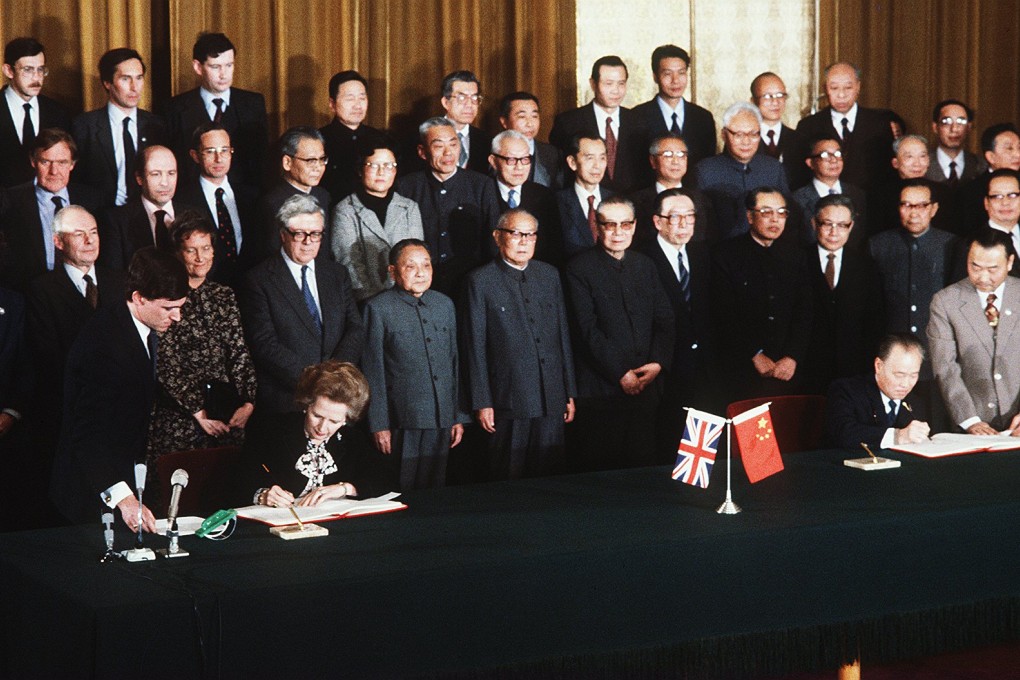British MPs' inquiry into Hong Kong's post-handover affairs 'does not breach law'
British MPs are not breaching the law by inquiring into Hong Kong's post-handover affairs, so long as they do not try to visit the former colony against China's wishes, a British lawyer has said.

London parliamentarians are not in breach of international law by inquiring into Hong Kong's post-handover affairs, so long as they do not try to visit the former British colony if China does not welcome them, a leading British lawyer appointed by a local legal think tank says.
China, on the other hand, was wrong to claim the 1984 Sino-British Joint Declaration had become "void" after the 1997 handover, since neither Beijing nor London had terminated the bilateral agreement, Michael Wood said.
The conclusions of Wood, the most senior legal adviser at Britain's Foreign Office until 2006, were released by the Basic Law Institute yesterday after reports in November that a Chinese envoy had told a British member of Parliament the declaration "is now void and covered only the period from the signing in 1984 until the handover in 1997".
China's deputy ambassador to Britain, Ni Jian, was responding to Richard Ottaway, chairman of the parliamentary Foreign Affairs Committee, whose members were planning a Hong Kong trip to examine the implementation of the declaration and, specifically, the city's progress on political reform.
Wood wrote: "For the [committee] to hold an inquiry such as the present one does per se not involve any breach of international law."
Britain "does have the right to take such steps as are open to it to ascertain whether the application of the Basic Law is indeed being upheld".